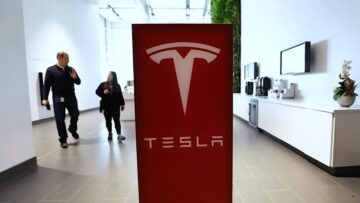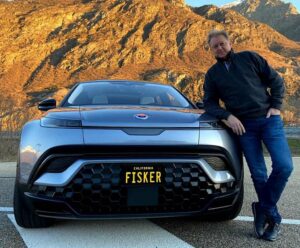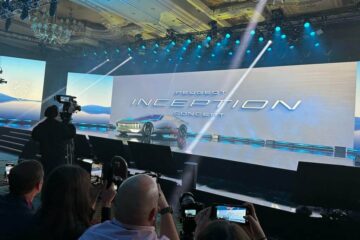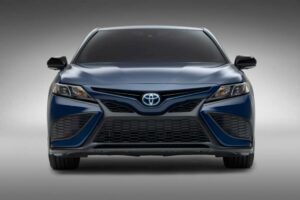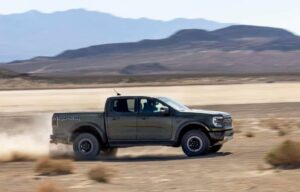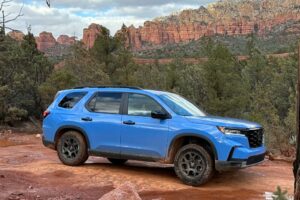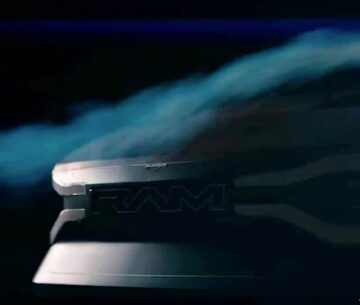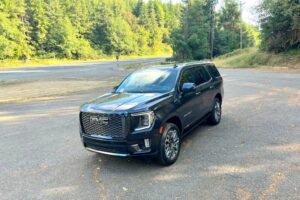Tesla came out ahead this week on a jury retrial of the racial discrimination lawsuit brought by ex-employee Owen Diaz, who endured racial taunts and harassment at the company’s Fremont, California manufacturing facility.
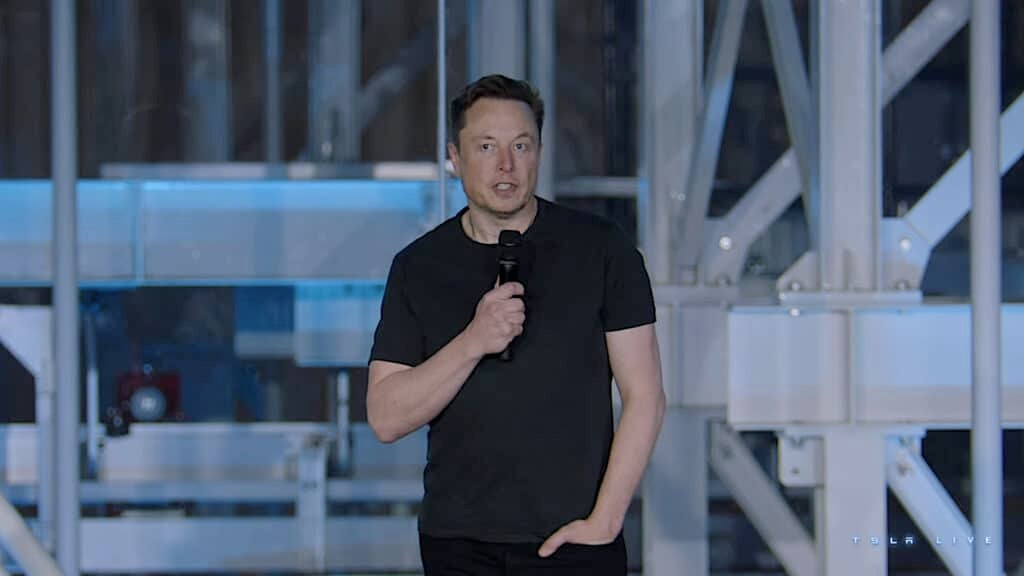
The company originally faced a punitive damages judgment of $137 million awarded by a jury in 2021. However, U.S. District Court Federal Judge William Orrick reduced the damages to $15 million, based on U.S. Supreme Court guidelines that punitive damages should not exceed 10 times the amount of compensation damages.
Diaz rejected the settlement and instead opted for a new trial with a new jury to determine damages. In such a case, the guilt of the defendant is assumed, and no new evidence or witnesses may be presented. The existing evidence presented included reports that Diaz was regularly subjected to verbal harassment and racial slurs, and that racist graffiti was scrawled on the walls at the facility.
A culture of harassment
The California Department of Fair Employment and Housing has reported “hundreds of complaints” from Tesla workers concerning racist taunts and harassment at Tesla. The cases have spawned additional lawsuits alleging a hostile work environment at the Fremont factory.
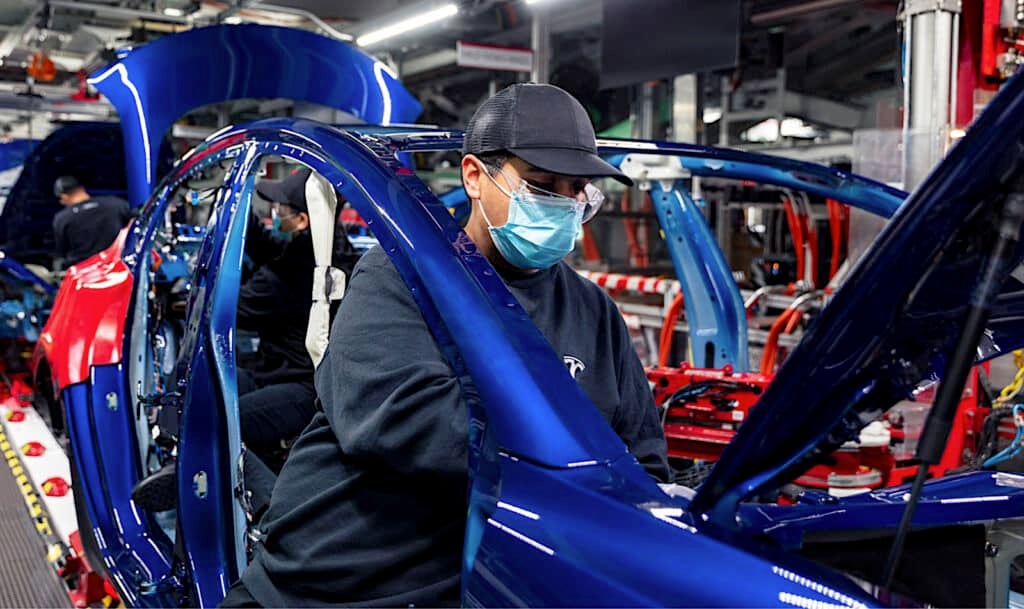
Since 2018, Tesla has been sued more than 200 times by current and former employees and contractors for its workplace culture. This does not include instances that have gone to arbitration, which Tesla compels whenever possible.
In one such case, Melvin Berry, a black former Tesla employee received a $1.02 million award from the automaker after wrapping up a lengthy arbitration case against the company. Berry challenged the EV manufacturer after supervisors failed to respond when he complained about being called the “N-word” and having Nazi swastikas and other hateful graffiti posted around Tesla’s California assembly plant.
Sparring on damages
Diaz was seeking punitive damages of about $150 million from the new jury, as well as $8.3 million in non-economic damages. Attorneys for the plaintiff argued that justice should be expensive for Tesla to get the company’s attention. Among the many allegations, Diaz claimed that Tesla failed to stop the harassment and did not sanction the harassers.
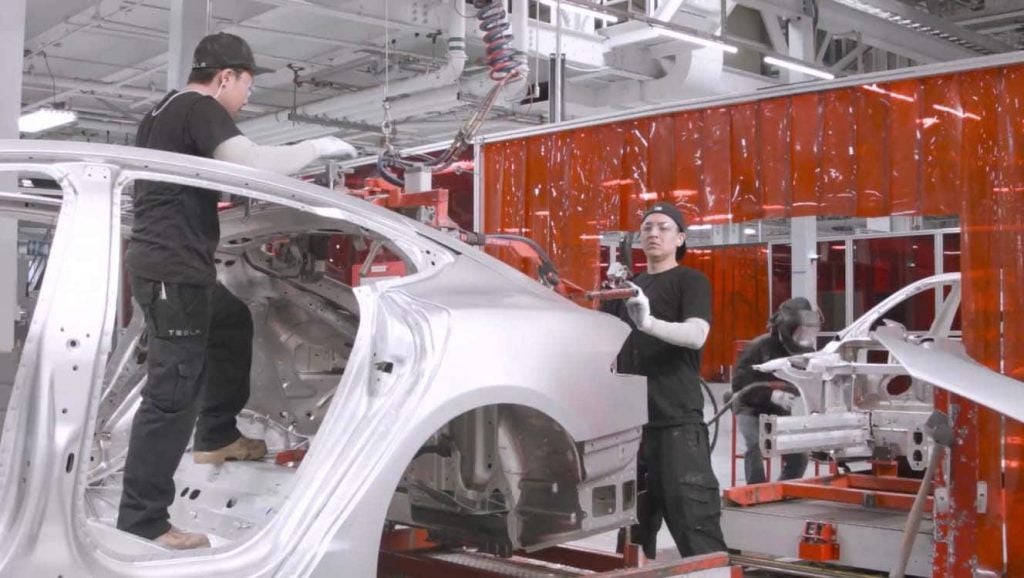
For its part, Tesla claimed Diaz lied about his treatment, was a combative employee, and exaggerated his experience at the factory. The company sought to limit the damages payment to half Diaz’ former salary, amounting to less than $100,000 dollars. The company accused Diaz of lying about his treatment. Based on the reduced award, it appears the company at least partially convinced the jury its arguments held merit.
The judgment concludes Diaz’ suit, but more black Tesla employees are still awaiting their day in court. A Tesla service manager from Atlanta named John Goode has sued the company, saying a regional manager barred him from consideration for a promotion and then had him fired. Goode has alleged that the regional manager made multiple racially offensive comments to him. Goode is seeking recompense for lost wages, emotional distress and punitive damages.
Tesla has repeatedly stated that the company does not tolerate discrimination, takes complaints by workers seriously and disciplines employees who violate anti-bias policies. However, in the wake of the original verdict in 2021, Tesla Vice President of People Valerie Capers Workman said, “We do recognize that in 2015 and 2016 we were not perfect. We’re still not perfect. But we have come a long way from 5 years ago. We continue to grow and improve in how we address employee concerns.”
- SEO Powered Content & PR Distribution. Get Amplified Today.
- Platoblockchain. Web3 Metaverse Intelligence. Knowledge Amplified. Access Here.
- Source: https://www.thedetroitbureau.com/2023/04/judgment-in-tesla-racial-discrimination-case-cut-again/
- :is
- $UP
- 000
- 10
- 2016
- 2018
- 2021
- 2023
- a
- About
- accused
- address
- After
- against
- ahead
- Allegations
- alleged
- allegedly
- among
- amount
- and
- arbitration
- ARE
- arguments
- around
- AS
- Assembly
- assumed
- At
- Atlanta
- attention
- awaiting
- award
- awarded
- based
- BE
- being
- Black
- brought
- by
- california
- called
- case
- cases
- challenged
- claimed
- come
- comments
- company
- Company’s
- Compensation
- complaints
- Concerns
- consideration
- continue
- contractors
- Court
- Creating
- Culture
- Current
- Cut
- day
- Department
- Determine
- DID
- Discrimination
- distress
- district
- district court
- dollars
- Employee
- employees
- employment
- Environment
- Ether (ETH)
- EV
- evidence
- exceed
- existing
- expensive
- experience
- faced
- Facility
- factory
- Failed
- fair
- Federal
- For
- Former
- Fremont
- from
- get
- goal
- Grow
- guidelines
- Half
- harassment
- Have
- having
- Held
- housing
- How
- However
- HTTPS
- improve
- in
- include
- included
- instead
- investor
- IT
- ITS
- John
- jpg
- judge
- Justice
- Last
- latest
- lawsuit
- Lawsuits
- LIMIT
- Line
- Long
- made
- manager
- Manufacturer
- manufacturing
- many
- max-width
- Merit
- million
- model
- more
- multiple
- Musk
- Named
- nazi
- New
- of
- offensive
- on
- ONE
- orders
- original
- originally
- Other
- part
- payment
- People
- perfect
- plato
- Plato Data Intelligence
- PlatoData
- policies
- possible
- posted
- presented
- president
- Production
- promotion
- recognize
- Reduced
- regional
- regularly
- REPEATEDLY
- Reported
- Reports
- Respond
- s
- Said
- salary
- Sanction
- seeking
- service
- settlement
- should
- stated
- Still
- Stop
- such
- sued
- Suit
- Supreme
- Supreme Court
- takes
- Tesla
- that
- The
- their
- this week
- times
- to
- top
- treatment
- trial
- u.s.
- Ultimately
- Verdict
- Vice President
- wages
- Wake
- Way..
- week
- WELL
- which
- WHO
- with
- Work
- workers
- working
- Workplace
- years
- zephyrnet

